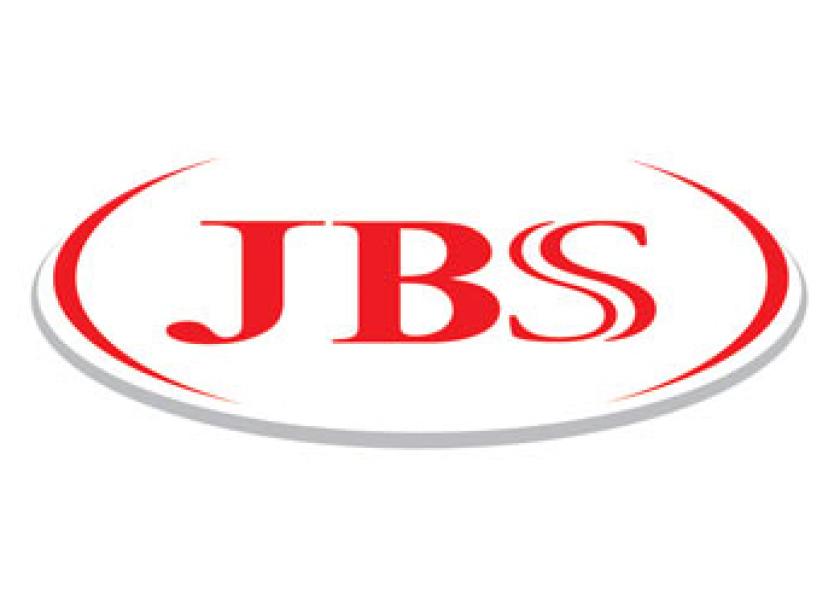JBS Announces $95 Million Beef Expansion Project

JBS USA will spend $95 million to expand its Grand Island, NE, beef production facility. In a statement, the company said the project includes new, improved animal handling facilities, a state-of-the-art, temperature-controlled harvest floor and facility reconfiguration designed to improve team member experience, food safety and product quality.
JBS also says the 107,000 square foot expansion and facility enhancements “will better position the company to sustainably meet evolving customer and consumer expectations for high-quality, great-tasting U.S. beef products.”
JBS expects the expansion to be complete in early 2021, and operations at Grand Island will continue uninterrupted throughout project execution.
"Today’s announced expansion is an important strategic investment to secure Grand Island as an unquestioned leader in food quality, animal care and beef innovation for years to come,” said Tim Schellpeper, JBS USA Fed Beef President. “Around the world, from North and South America to Asia and Africa, consumers crave the superior taste and quality of American beef. Partnering with leading Nebraska and other area beef producers, we are proud to invest in a vibrant future for U.S. beef.”
JBS Grand Island partners with more than 670 local producers to export U.S. beef to more than 30 countries around the world, including Canada, Chile, Hong Kong, Japan, Korea, Mexico and Singapore, under such signature brands as 1855 Black Angus©, Swift© and Swift Black Angus©. The expansion project will allow the company to strategically capitalize on increased international demand forecasts for high-quality U.S. beef and value-added beef products.
“JBS Grand Island has been a standard-bearer for American beef for over half a century,” said Zack Ireland, Grand Island Plant Manager. “Our team sends the best U.S. beef products the country has to offer to customers both domestically and globally. Today’s announcement strengthens our long-standing commitment to local farmers and ranchers, our team members, key customers and the community of Grand Island, whose support has been critical to our ongoing success.”
Originally built in 1965 by Swift & Company, the Grand Island beef facility joined the JBS USA family in 2007 and produces nearly 1 billion pounds of quality beef and beef products each year.
Related stories:







